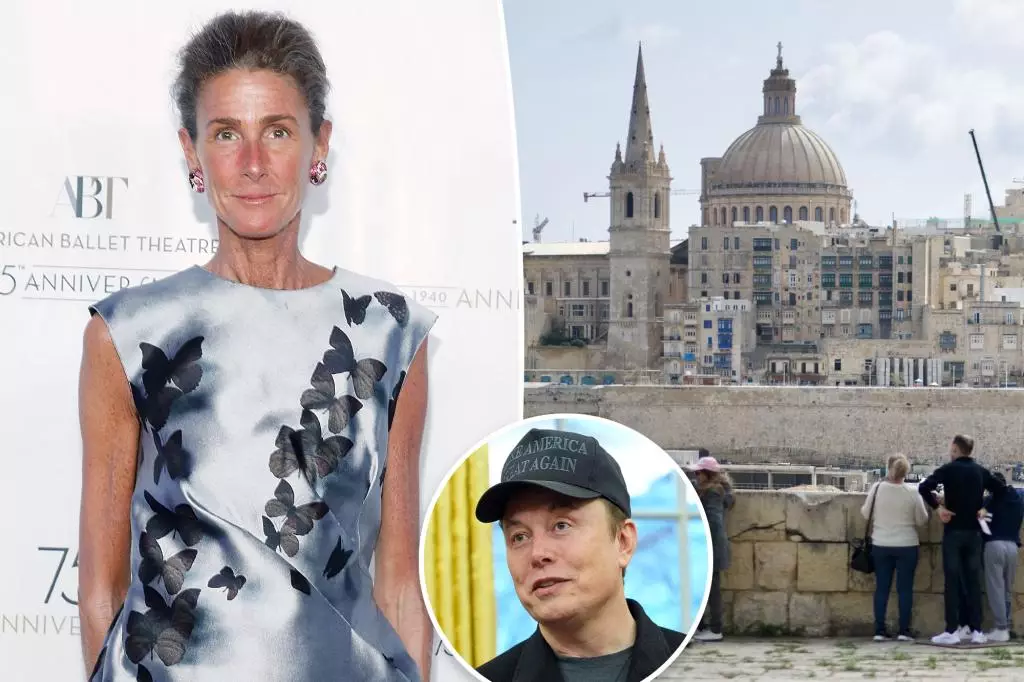In an unprecedented turn of events, the political landscape of American diplomacy appears to be shifting under the weight of administrative decisions. Reports indicate that various embassies and consulates may soon close, leaving a cadre of politically appointed ambassadors with uncertain futures. Among these appointees is Somers Farkas, a name synonymous with New York’s social elite. Nominated to be the ambassador to Malta, Farkas embodies a unique blend of philanthropic spirit and high-society connections, which raises questions about the loyalties and effectiveness of political appointments at this level.
What Does it Mean to Be an Ambassador?
While some scoff at the thought of such socialites stepping into diplomatic roles, one must pause to reflect on the complexities involved in ambassadorial duties. Traditionally, these roles have transcended mere social presence; they are pivotal in navigating international relations and representing American interests abroad. Farkas, who has traversed elite social circles as a trustee of the New York City Police Foundation and an honorary FDNY battalion chief, indicates a capacity for leadership. Yet, the implications of her appointment raise eyebrows: Is an ambassador’s main role to foster friendships at gala events, or should they be equipped with substantive diplomatic skills?
The Embassies at Risk
Trump’s administration seems to possess a newfound enthusiasm for restructuring foreign presence, with reports indicating possible closures of various embassies around the globe. This news reverberates through diplomatic circles, not only because it could displace ambassadors like Farkas but also due to its potential impact on U.S. diplomacy. The embassies under scrutiny, from Luxembourg to the Central African Republic, suggest that the administration might prioritize budgetary constraints over international relations, posing a challenge to the very fabric of global diplomacy that has taken decades to build.
The Human Cost of Political Decisions
Amidst the bureaucratic discussions, a crucial aspect often overlooked is the human element involved. Political insiders have raised concerns that displaced ambassadors might be left in a state of limbo, akin to “camping out” without a clear direction. Such uncertainty is not merely administrative; it uproots individuals and families who have devoted their careers to public service. Farkas has reportedly undergone training to prepare for her ambassadorship, reinforcing the point that these appointees are not merely placeholders but committed individuals eager to make a difference.
Stars of Politics or Experts in Diplomacy?
The list of appointees under this administration presents a curious mix of high-profile endorsements and celebrity connections. The inclusion of figures like Kimberly Guilfoyle, a former Fox News anchor, and Herschel Walker, a former NFL star, invites skepticism about whether celebrity status can effectively translate into diplomatic prowess. It raises an essential question: Are these appointments indicative of a government that values influence over expertise, or are they a testament to a new age of politics where the lines between social standing and governance blur?
In navigating these uncertain waters, we find ourselves at a crossroads, poised to witness how these decisions will shape America’s role in the international arena and the personal journeys of those caught in the crossfire of political machinations.

